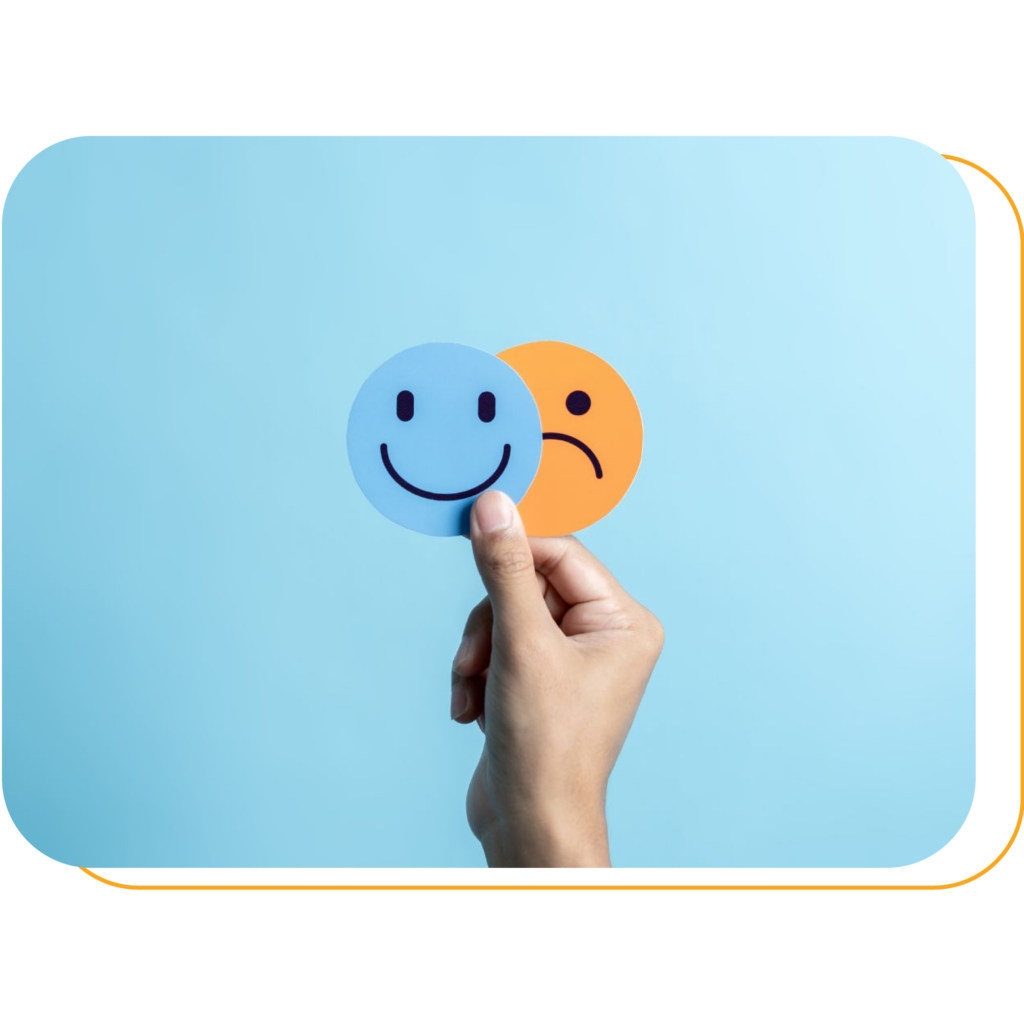Building Mental Health Literacy: Essential Steps for All
In today’s increasingly complex societal landscape, the importance of mental health literacy emerges as a cornerstone of personal resilience and community well-being. With mental health concerns affecting individuals across all walks of life, cultivating a deeper understanding and proficiency in mental health matters becomes not only prudent but imperative. Mental health literacy, encompassing the ability to recognise, understand, and respond to mental health challenges, holds the potential to transform lives and communities. In this article, we delve into three strategic approaches aimed at improving mental health literacy, laying the groundwork for a more informed and supportive societal fabric.
Here are three key strategies to bolster mental health literacy:
Education and Awareness Initiatives
Education is fundamental in dispelling misconceptions and reducing stigma surrounding mental health. Implementing widespread awareness campaigns through various channels can effectively disseminate accurate information about mental health issues. For example, organising workshops conducted by mental health professionals can educate the community about common mental health issues, their symptoms, and available treatments. By providing individuals with knowledge about common mental health challenges like anxiety, depression, and stress disorders, these initiatives can empower them to recognize signs in themselves and others, fostering a more empathetic and understanding society.
Promotion of Self-Care Practices
Encouraging self-care practices is essential for nurturing mental well-being. This can involve practices such as mindfulness techniques, stress management strategies, and healthy lifestyle habits. By emphasising the importance of self-care, individuals can develop resilience and coping mechanisms to navigate life’s challenges more effectively. Furthermore, advocating for the utilisation of self-help resources such as online support groups, meditation apps, and self-help books empowers individuals to take proactive steps towards improving their mental health.
Training in Mental Health First Aid
Just as individuals receive training in physical first aid to respond to medical emergencies, training in mental health first aid equips them to provide initial support to those experiencing mental health crises. Mental health first aid programs teach participants how to recognise signs of distress, offer empathetic listening, and provide guidance on accessing professional help. With that, individuals who received mental health first aid training can feel more empowered to seek help and access appropriate resources when facing mental health challenges.
To end off, the enhancement of mental health literacy is not merely a goal but a fundamental societal imperative. By bolstering education, promoting self-care practices, and providing training in mental health first aid, we lay the foundation for a more resilient and compassionate society. Empowered with knowledge and equipped with practical skills, individuals are better positioned to navigate the complexities of mental health challenges, both for themselves and for those around them.
Share This Story, Choose Your Platform!

Xin Xuan Wong
Youth Counsellor/Behaviour Therapist
About the author Xin Xuan:
Xin Xuan is a professional counsellor and behaviour therapist specialising in evidence-based modalities such as cognitive behavioural therapy, acceptance & commitment therapy, motivational interviewing, applied behaviour analysis therapy, play therapy, and more.





